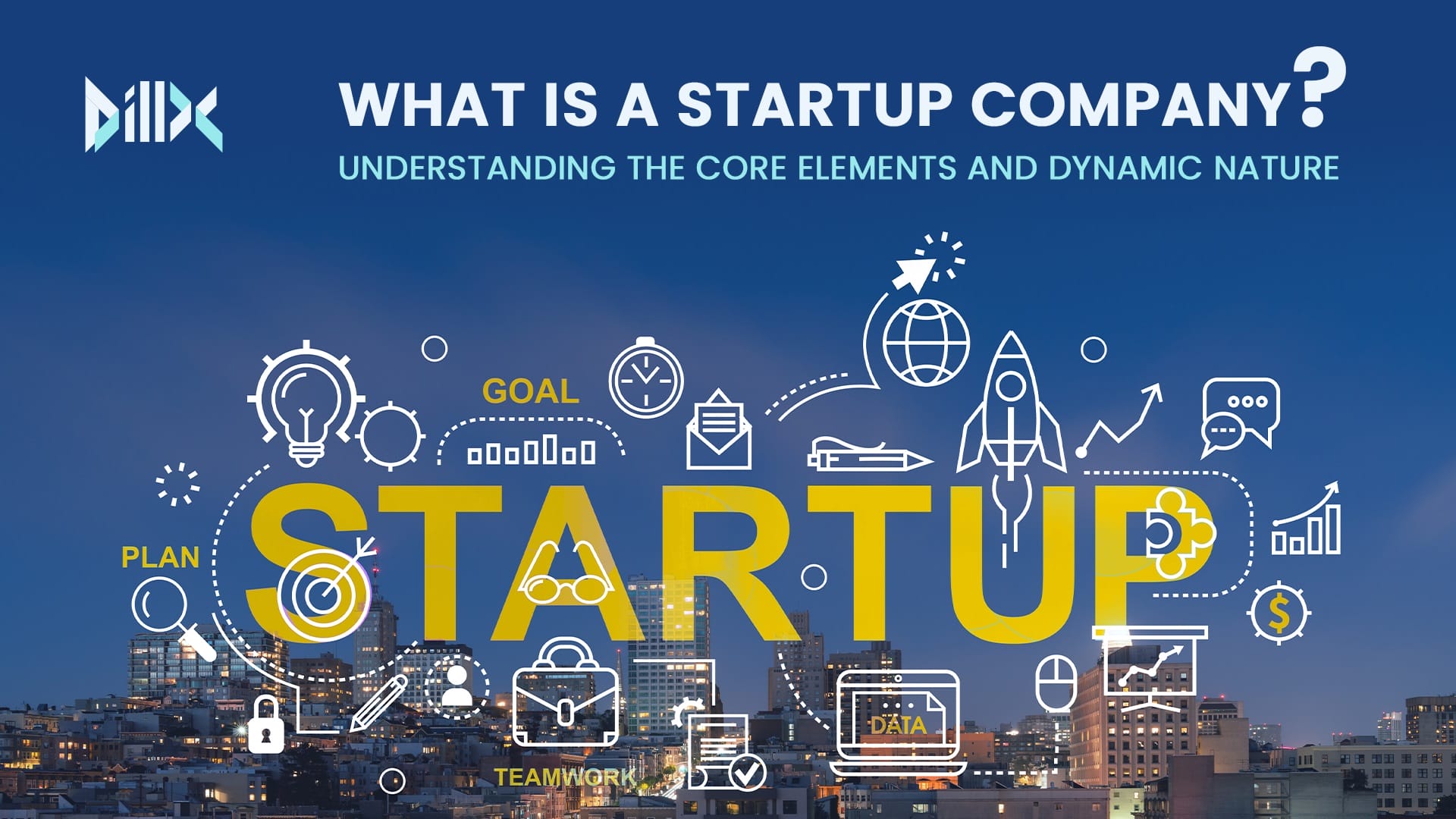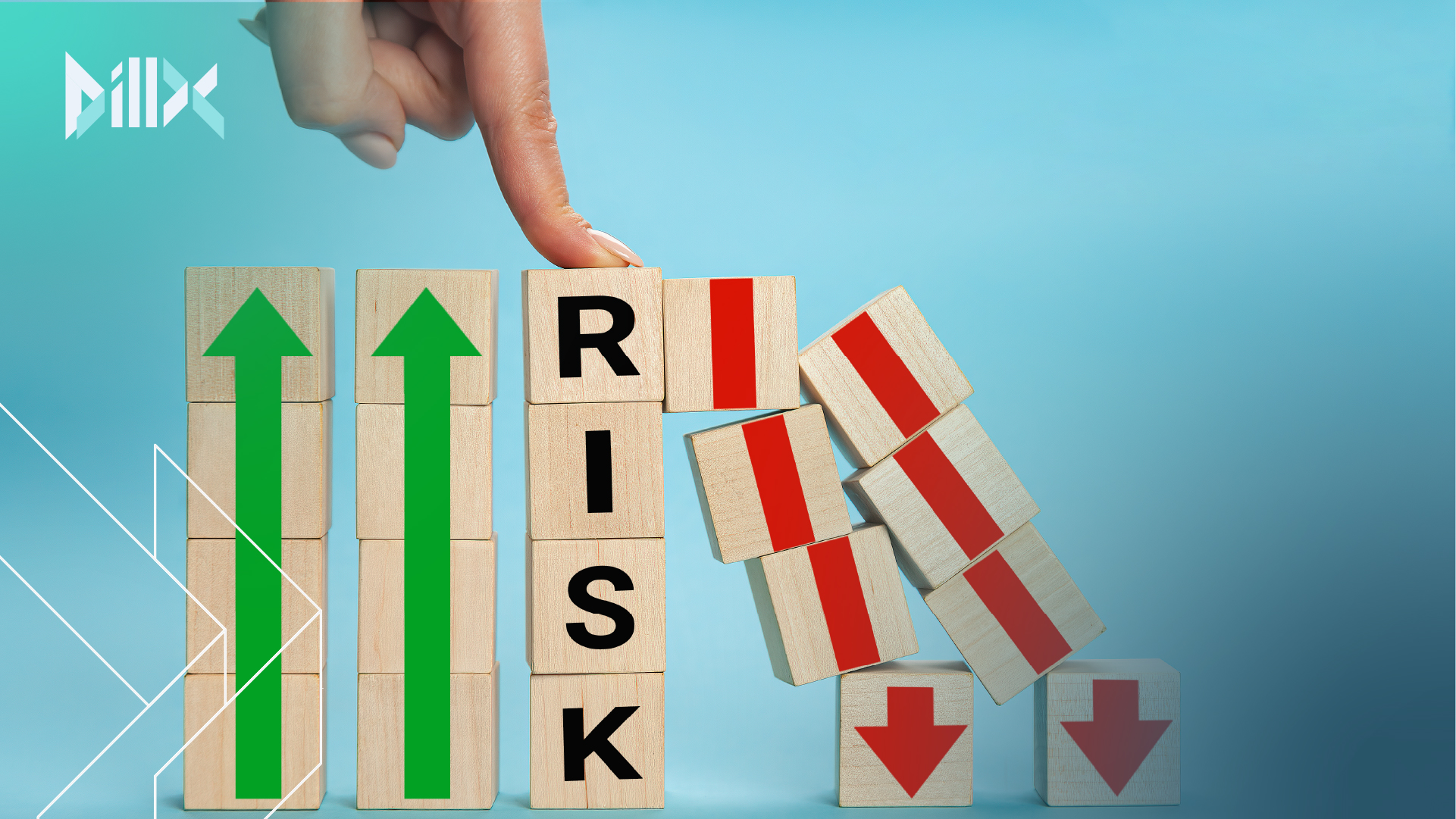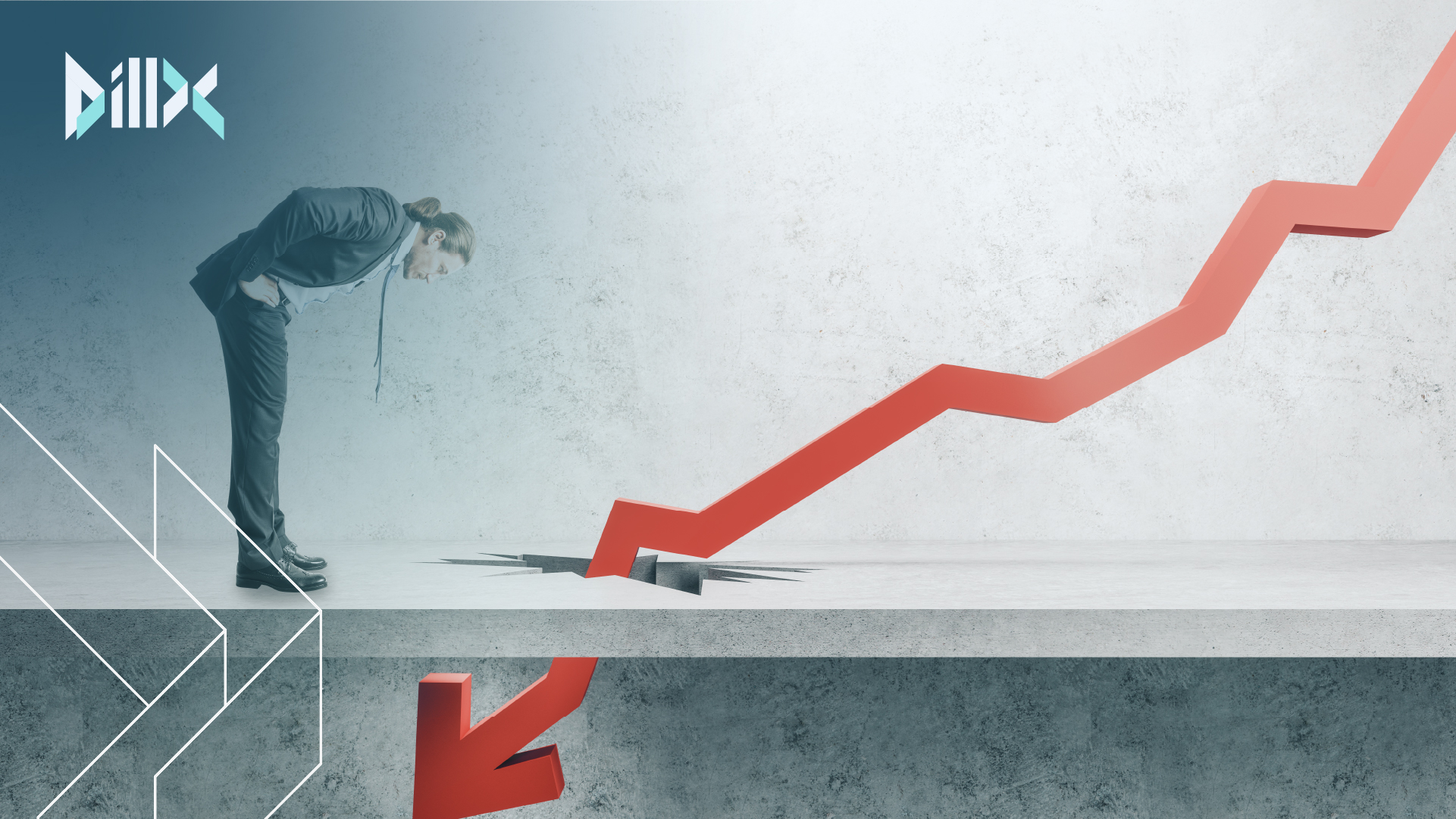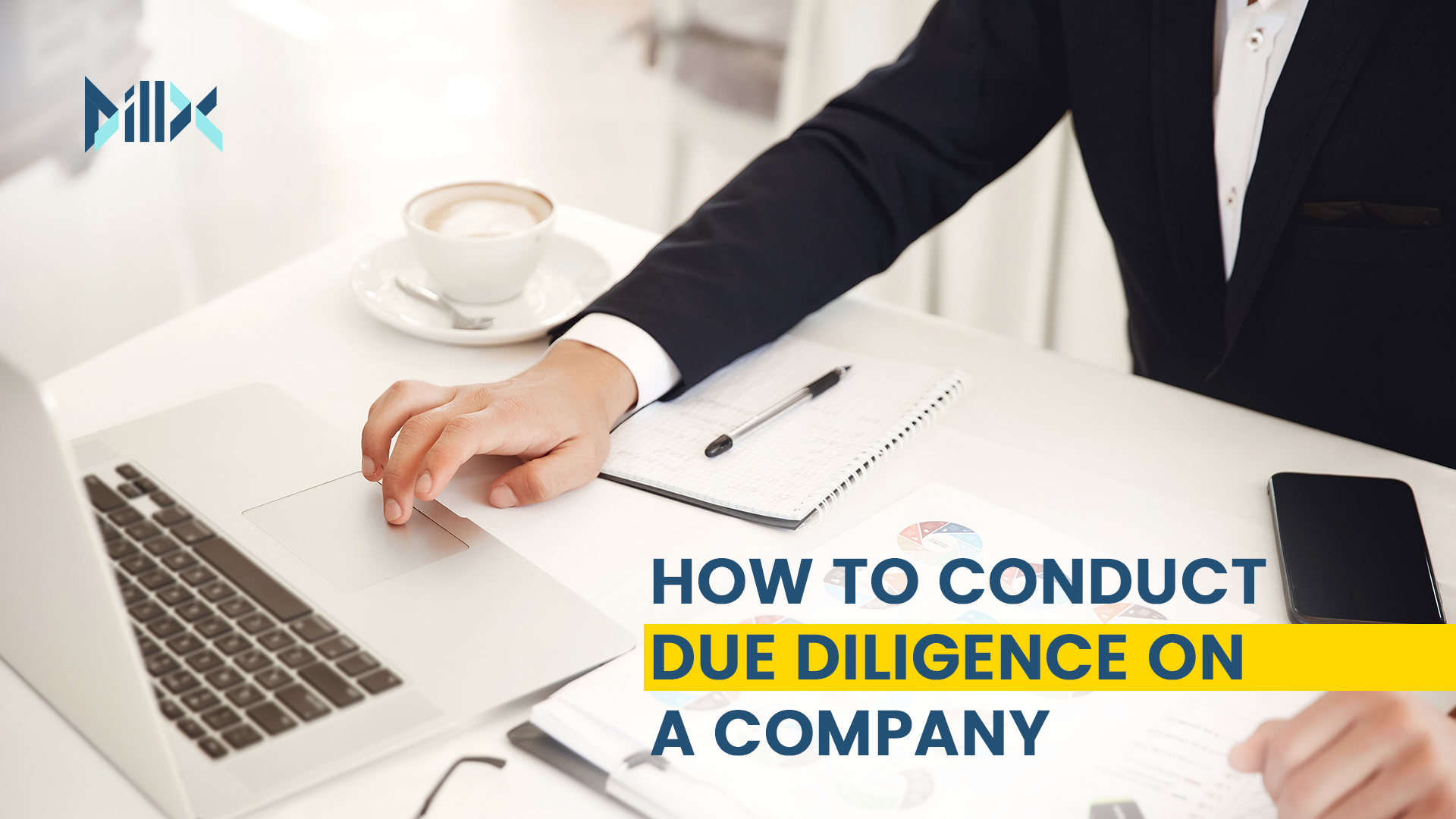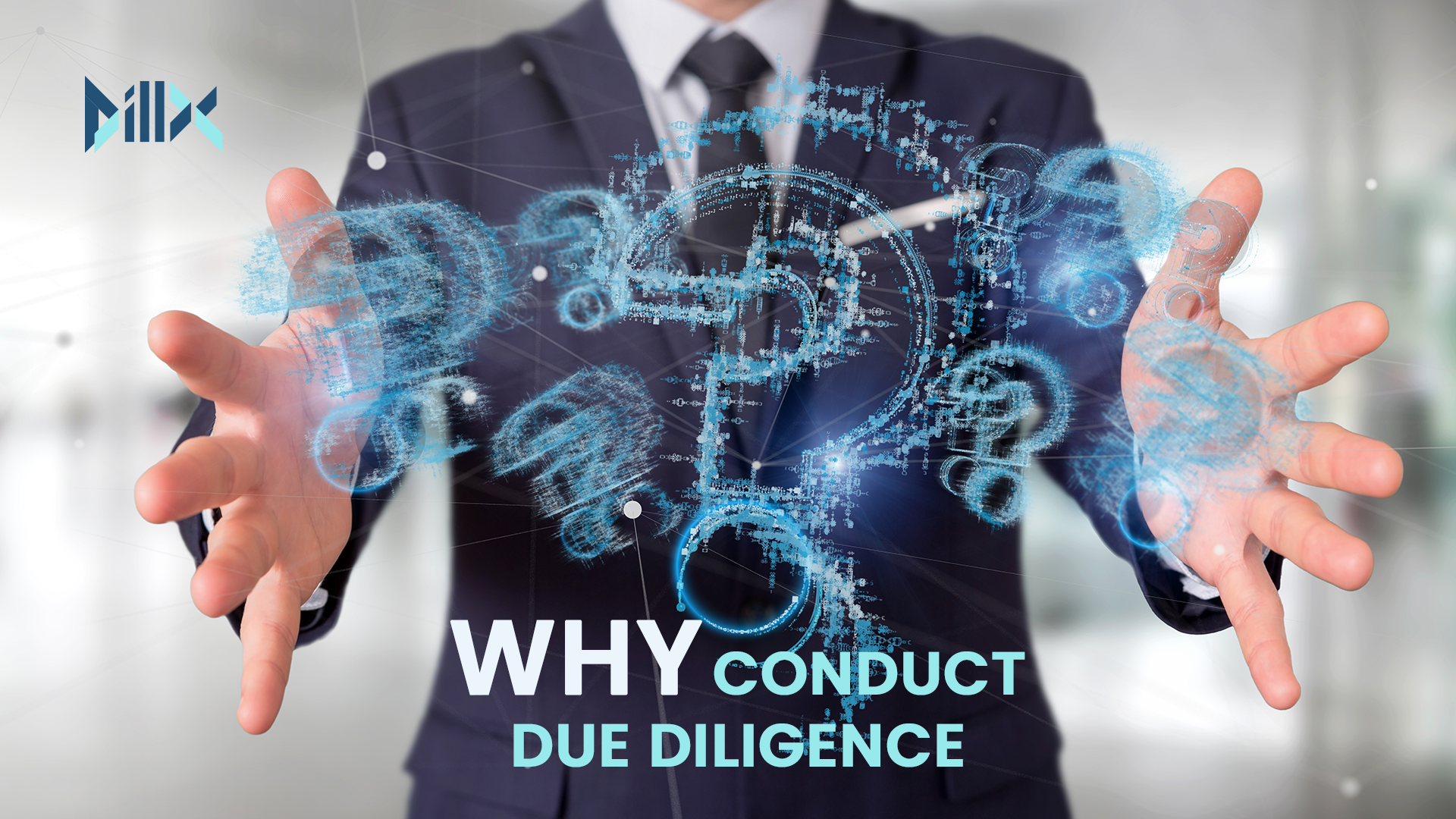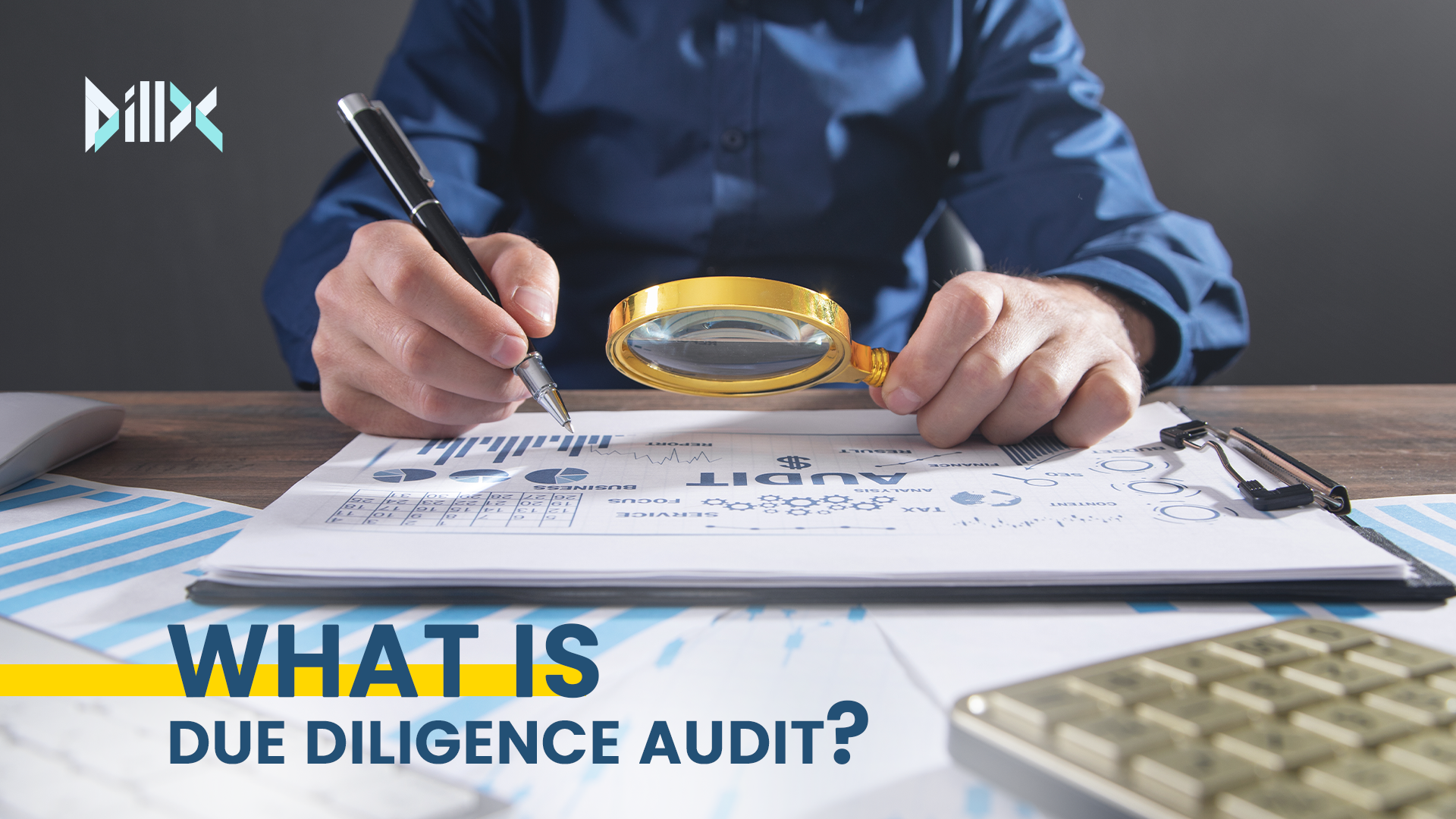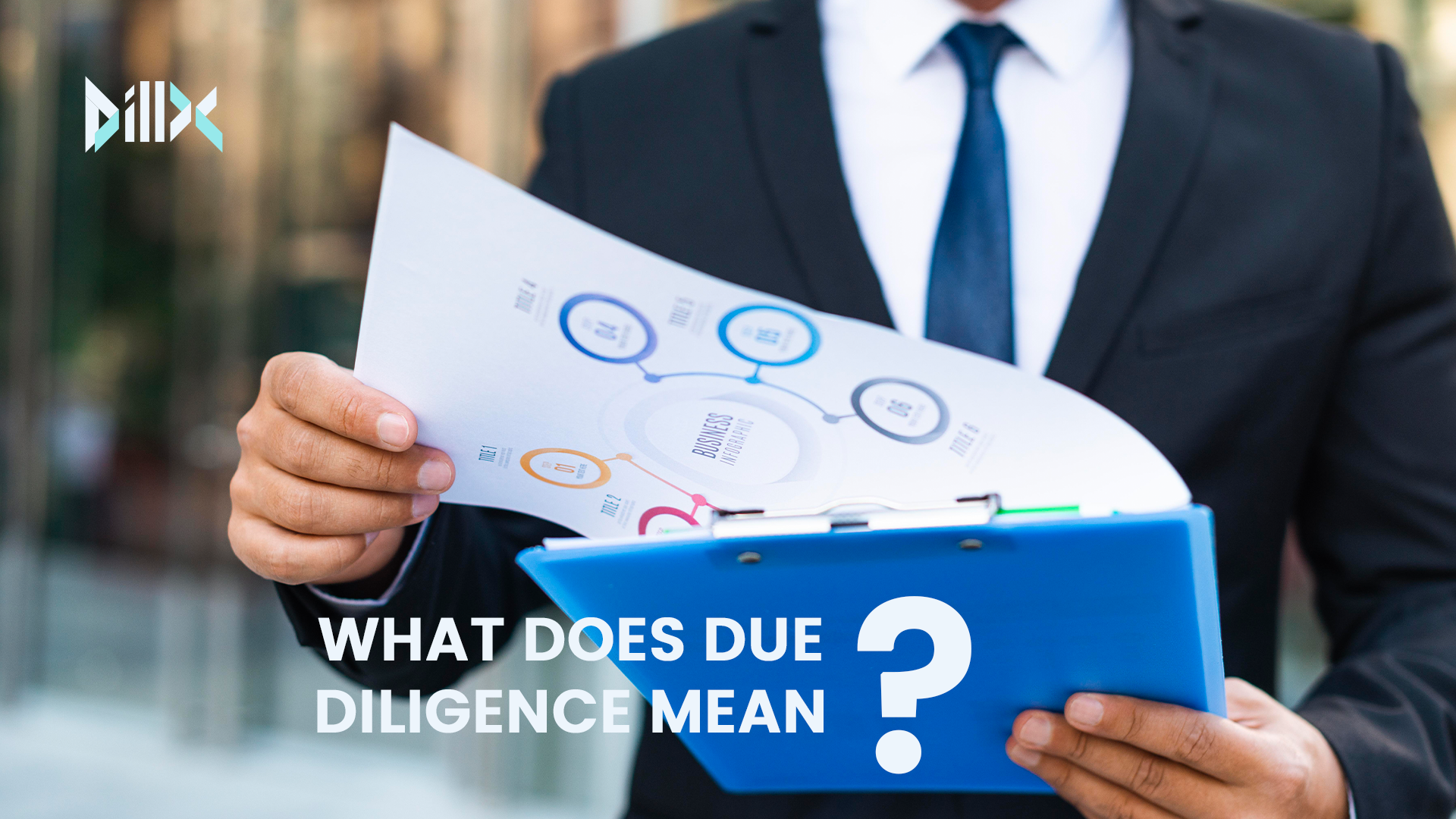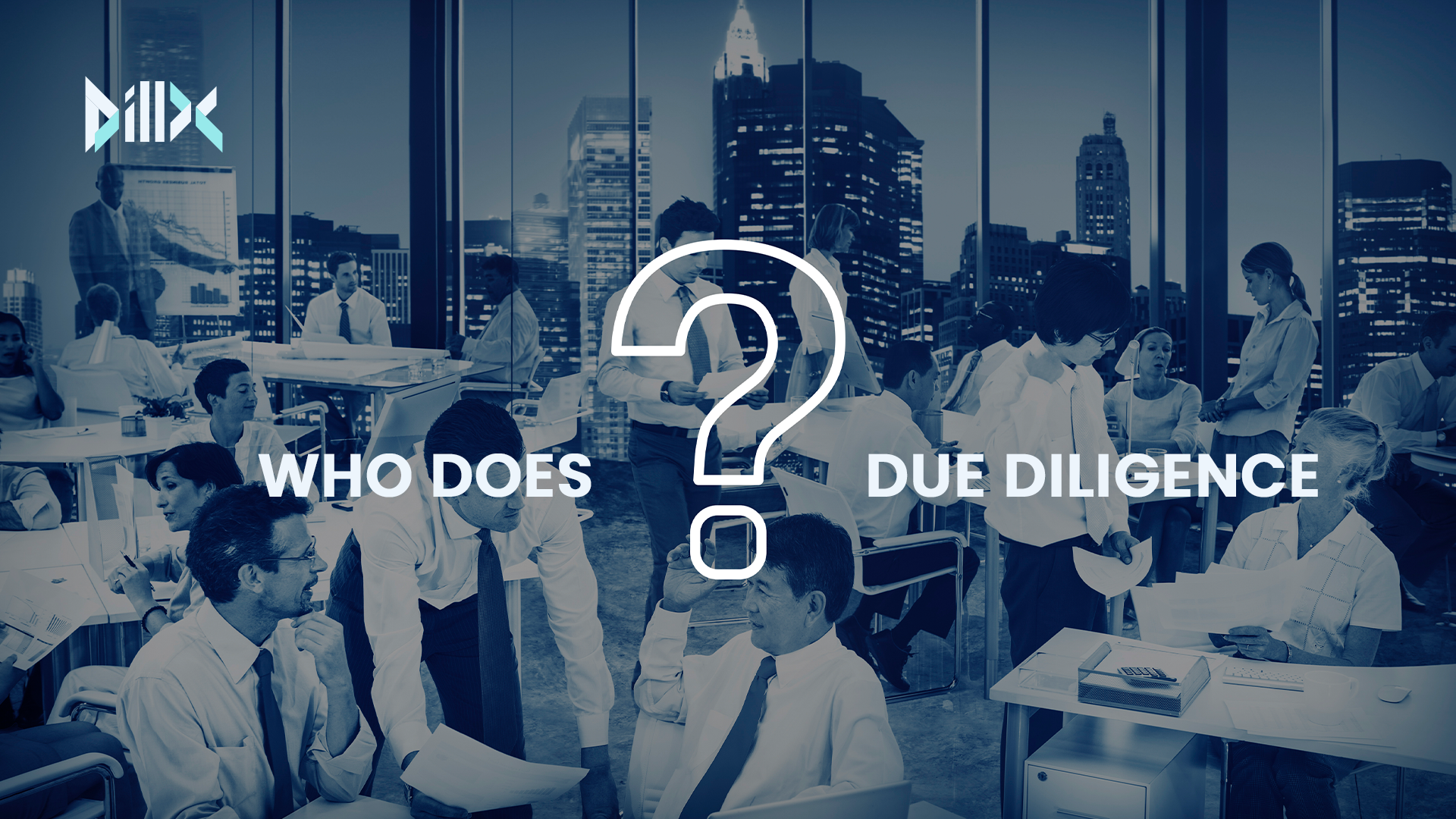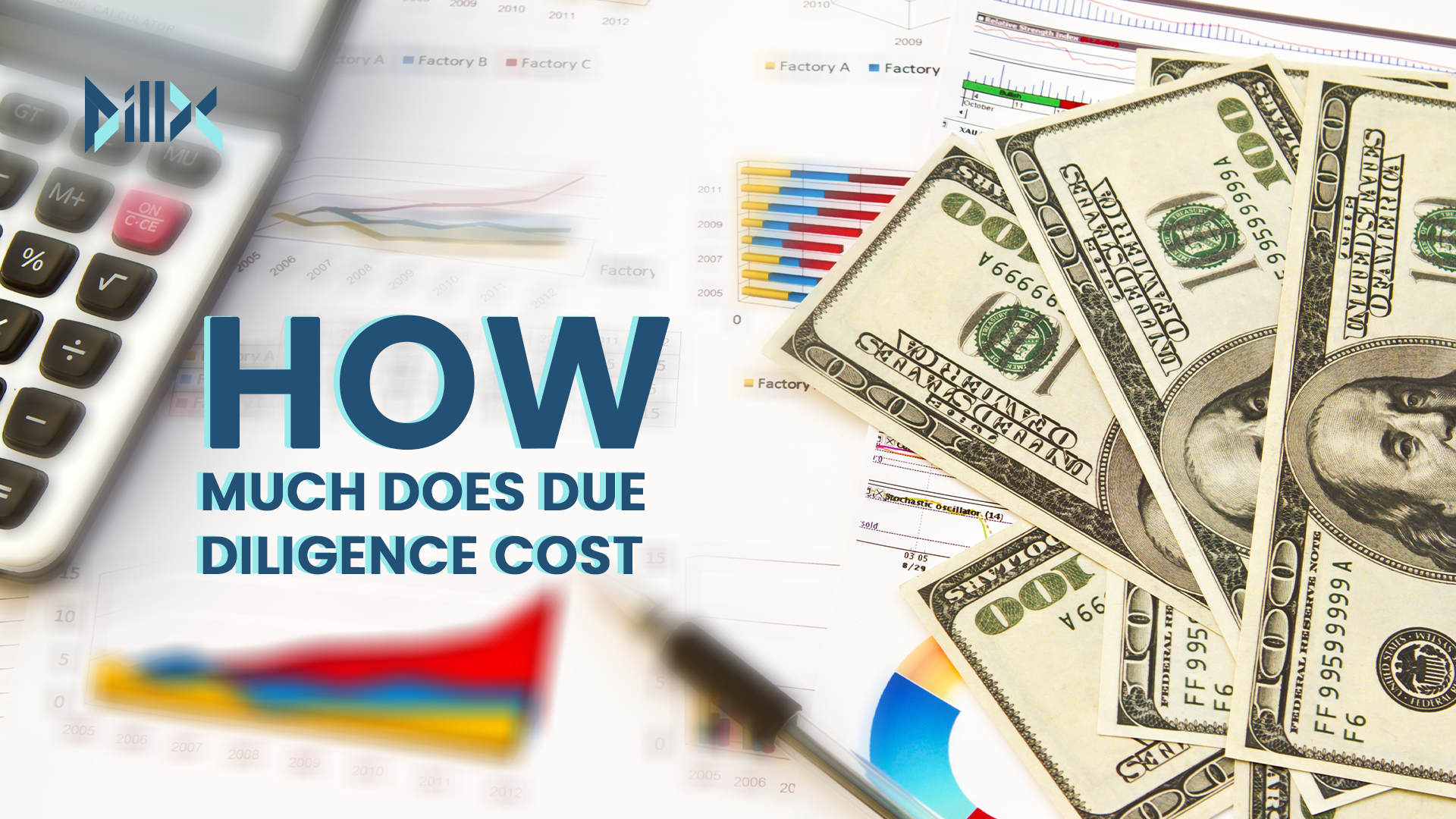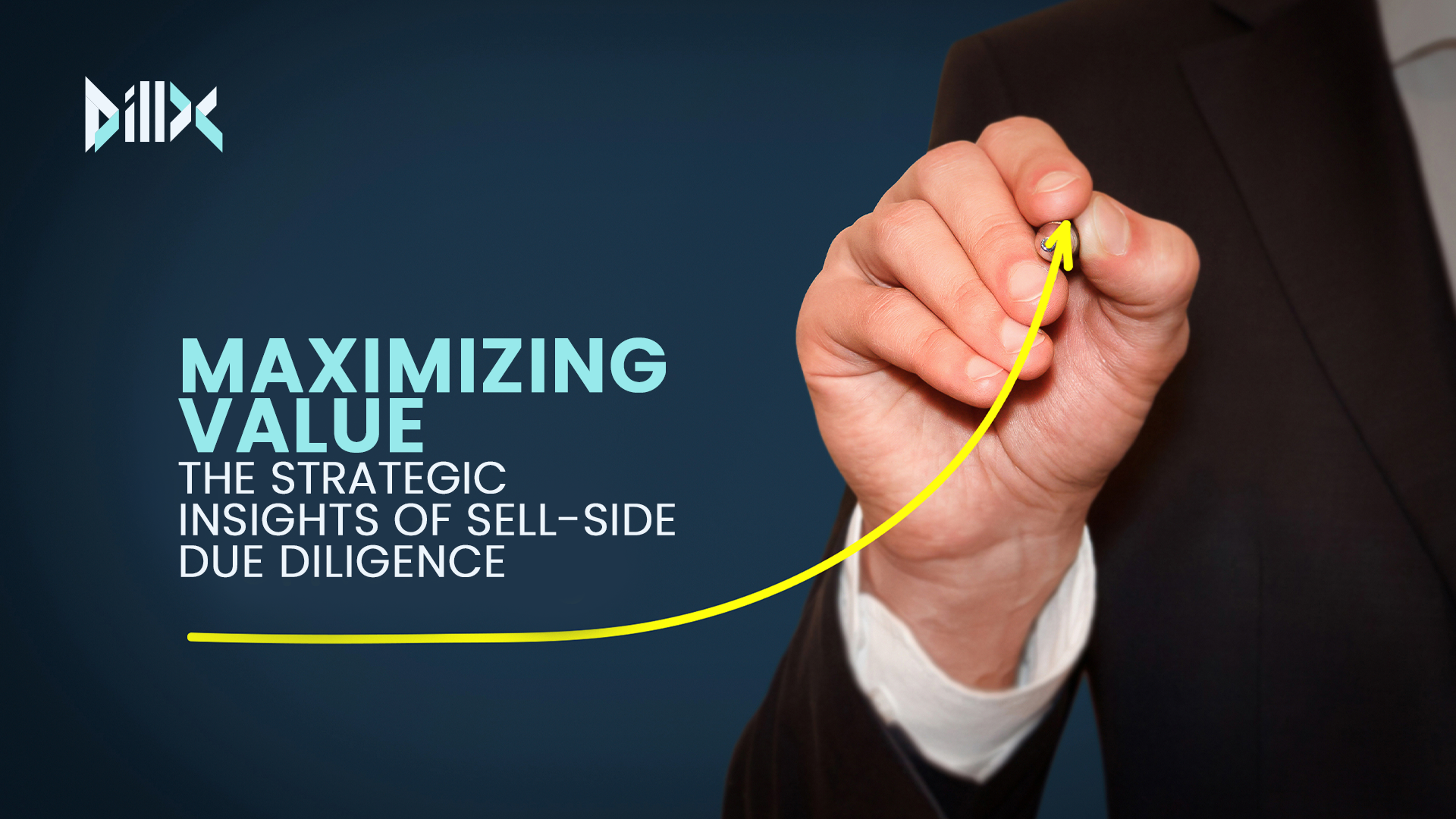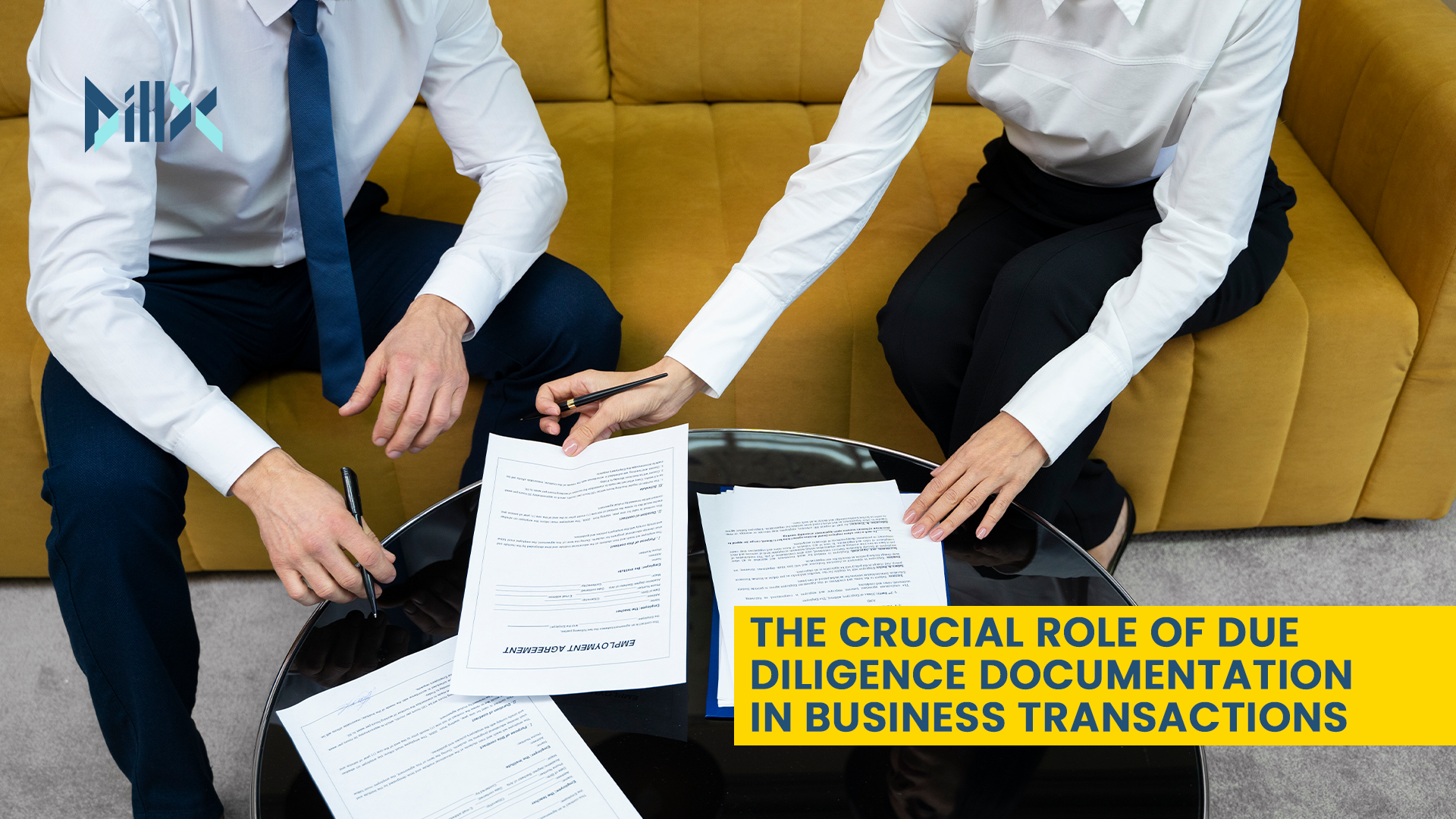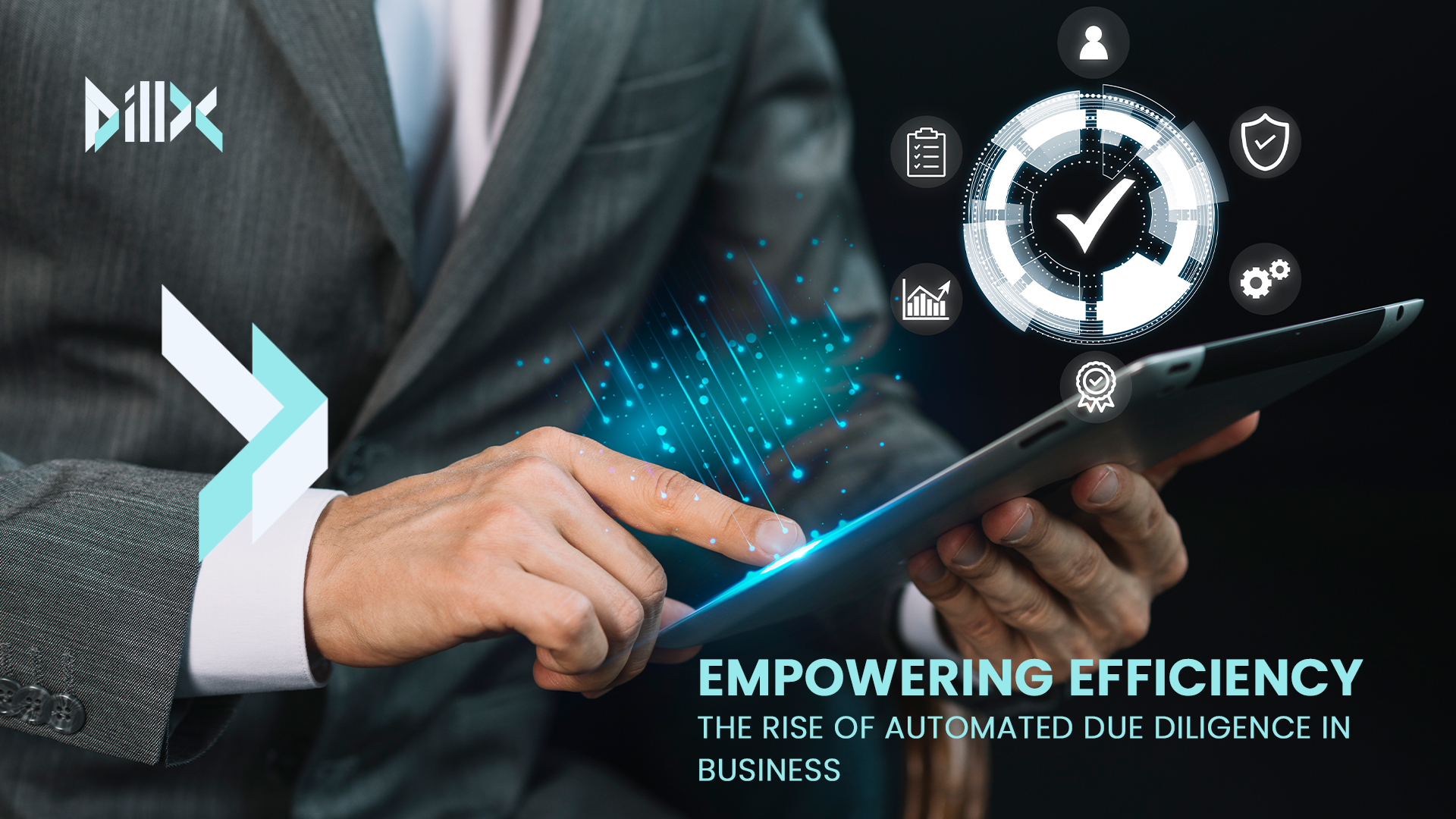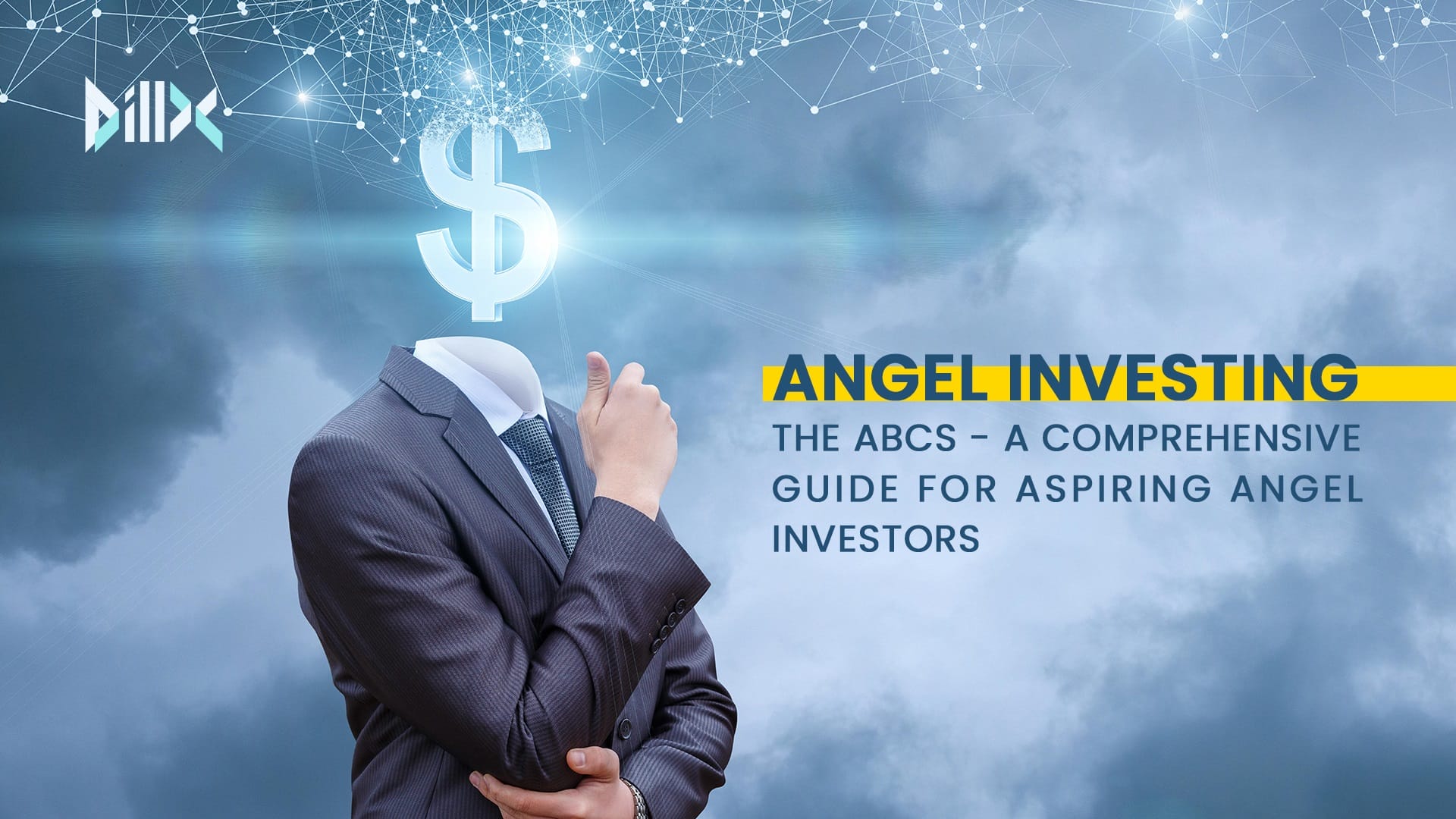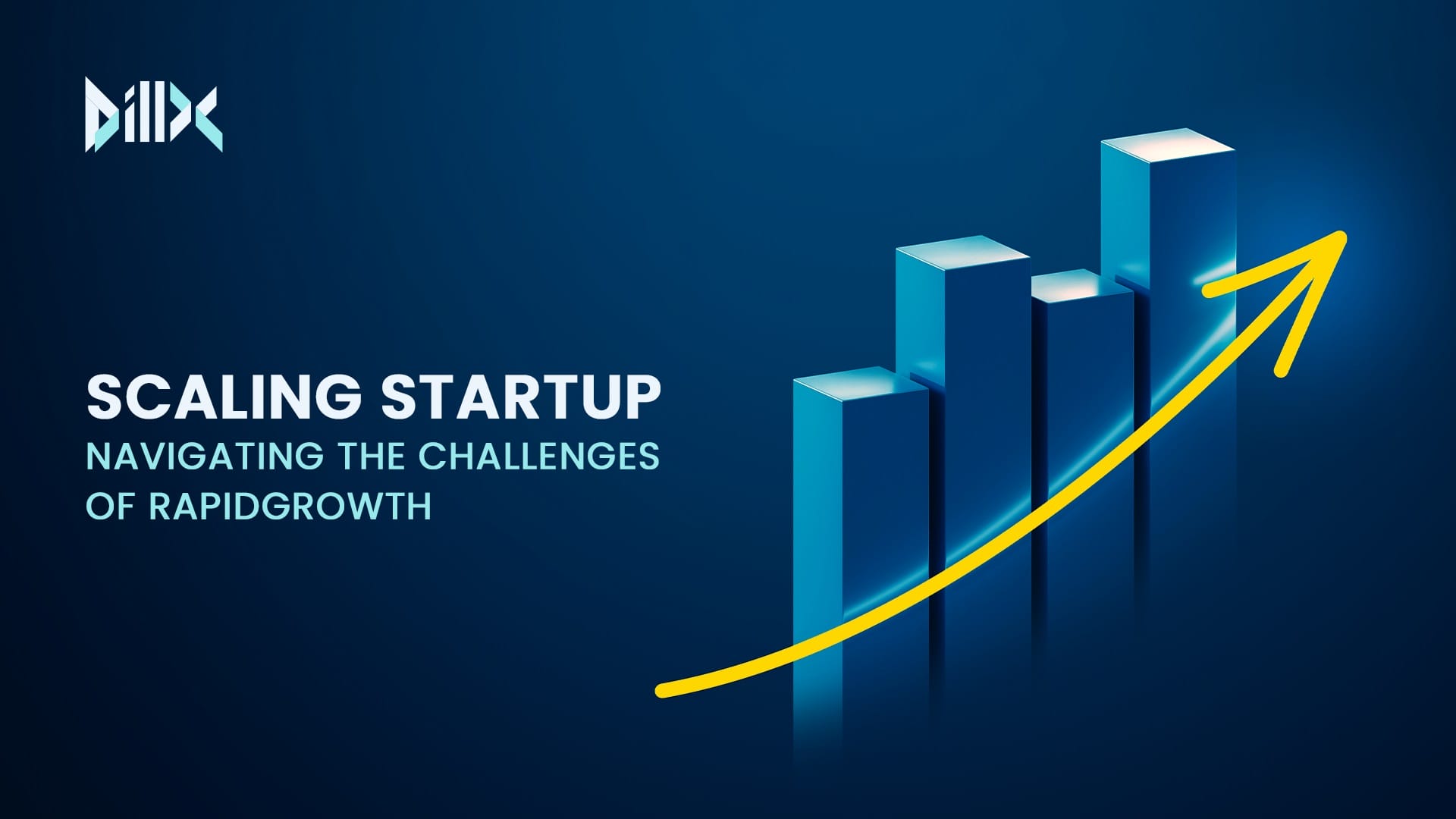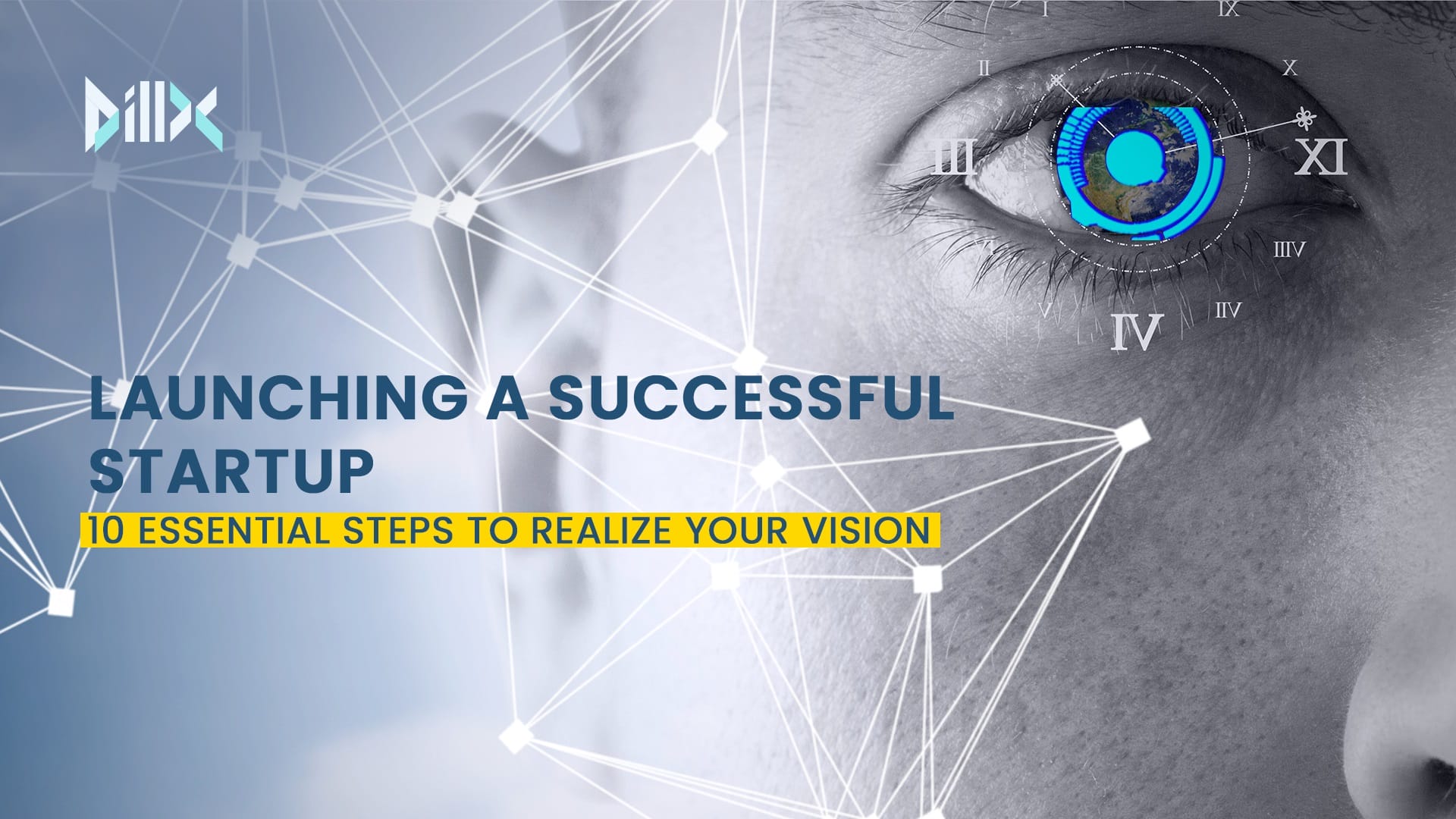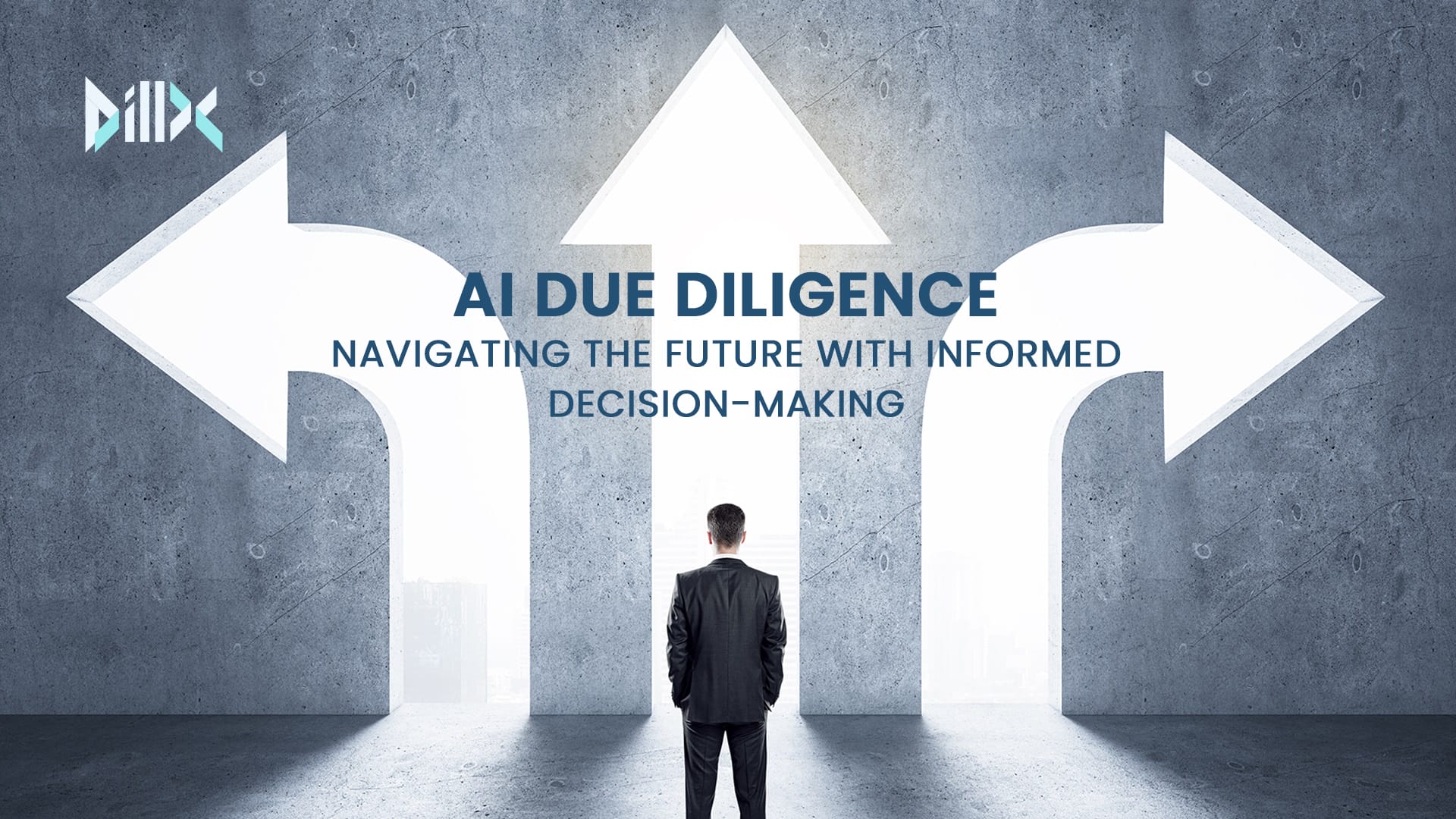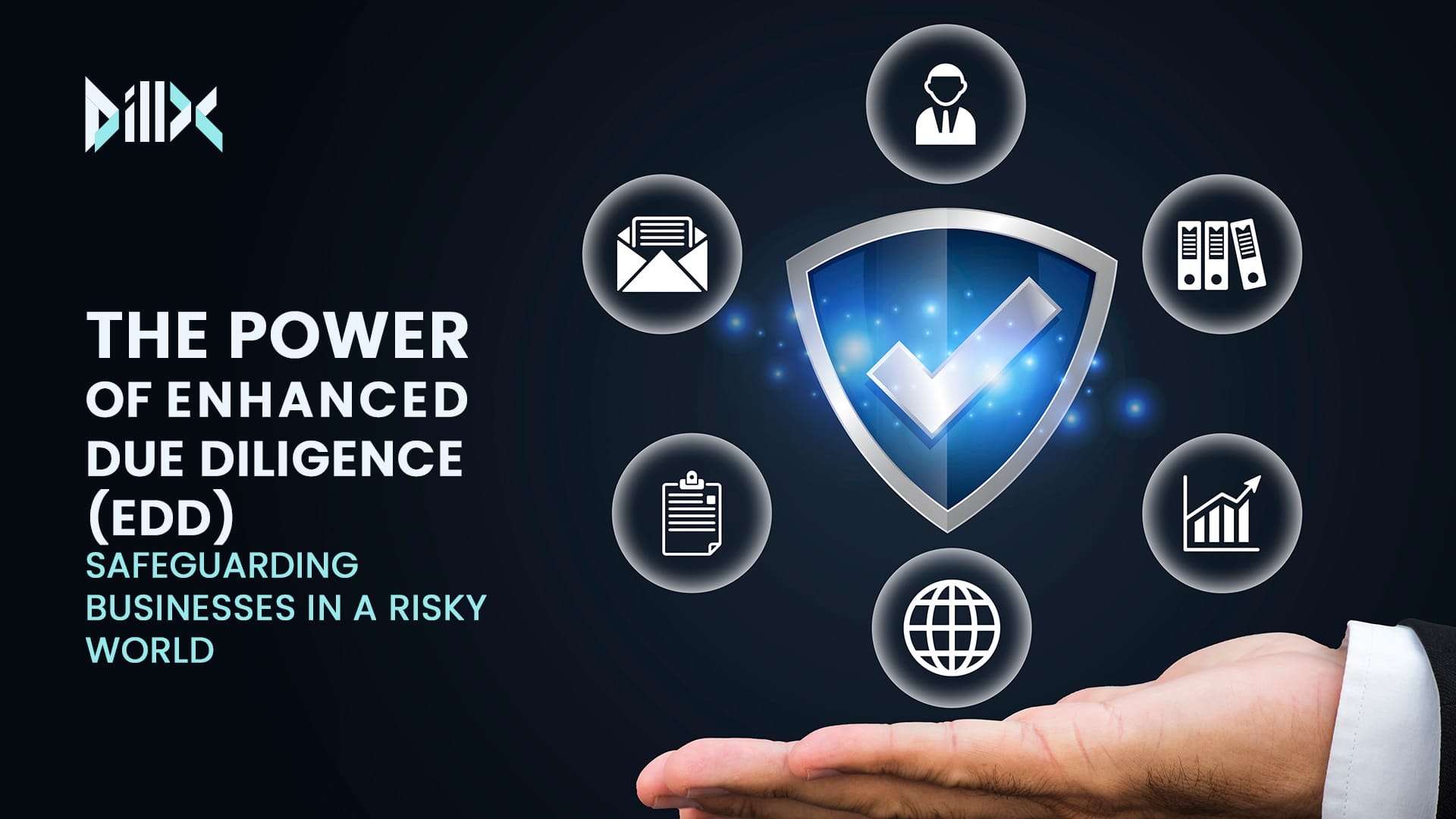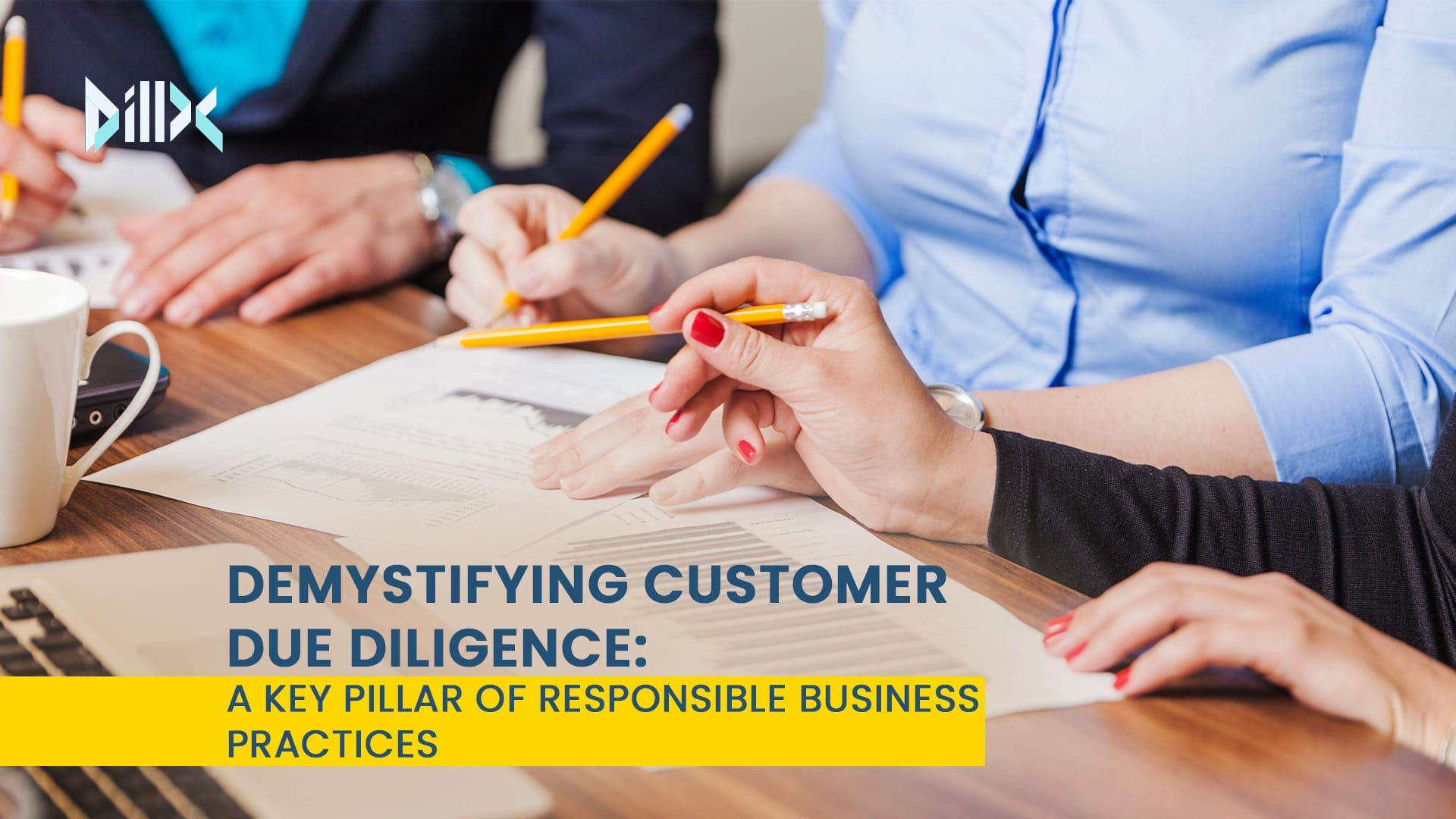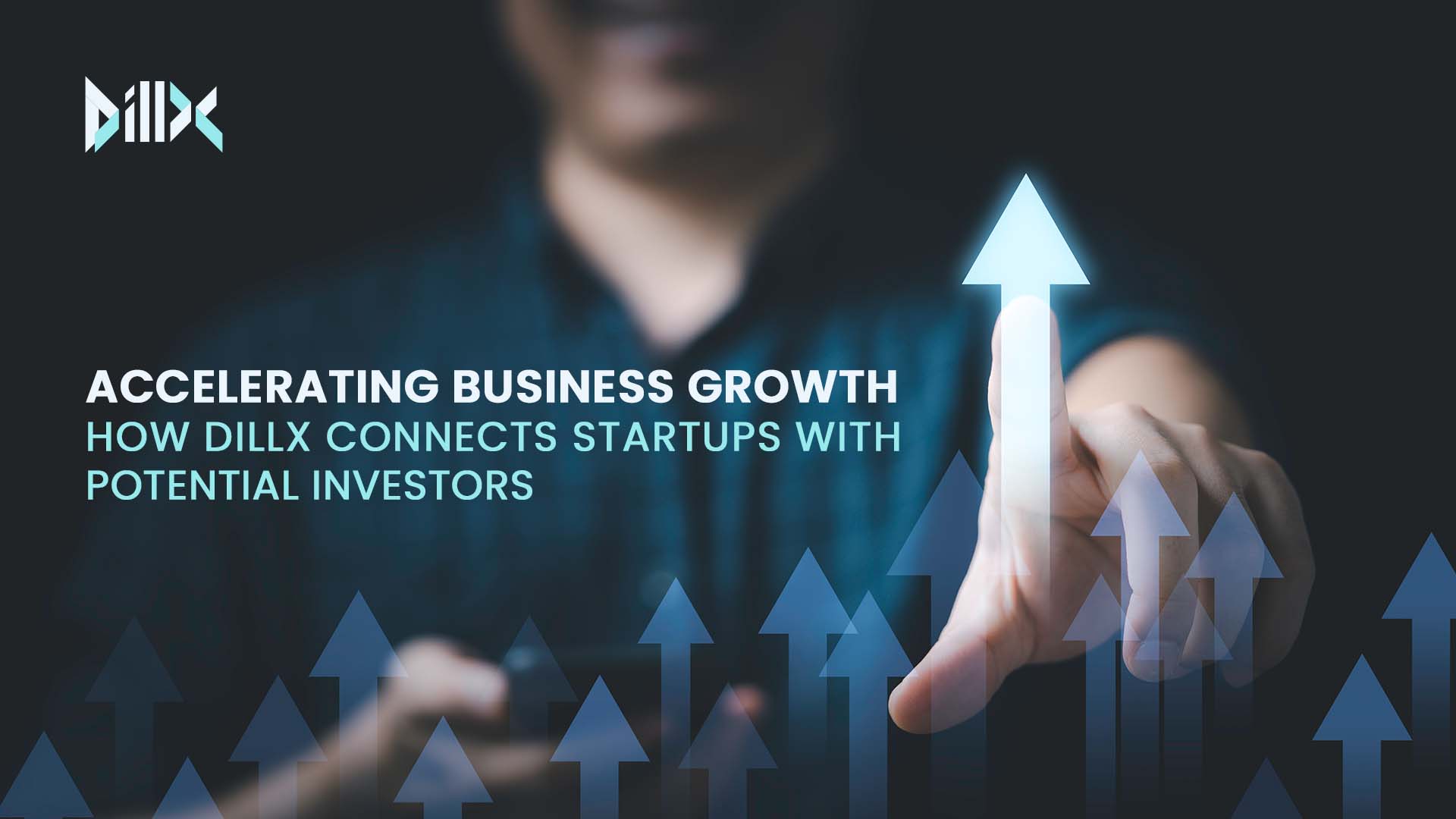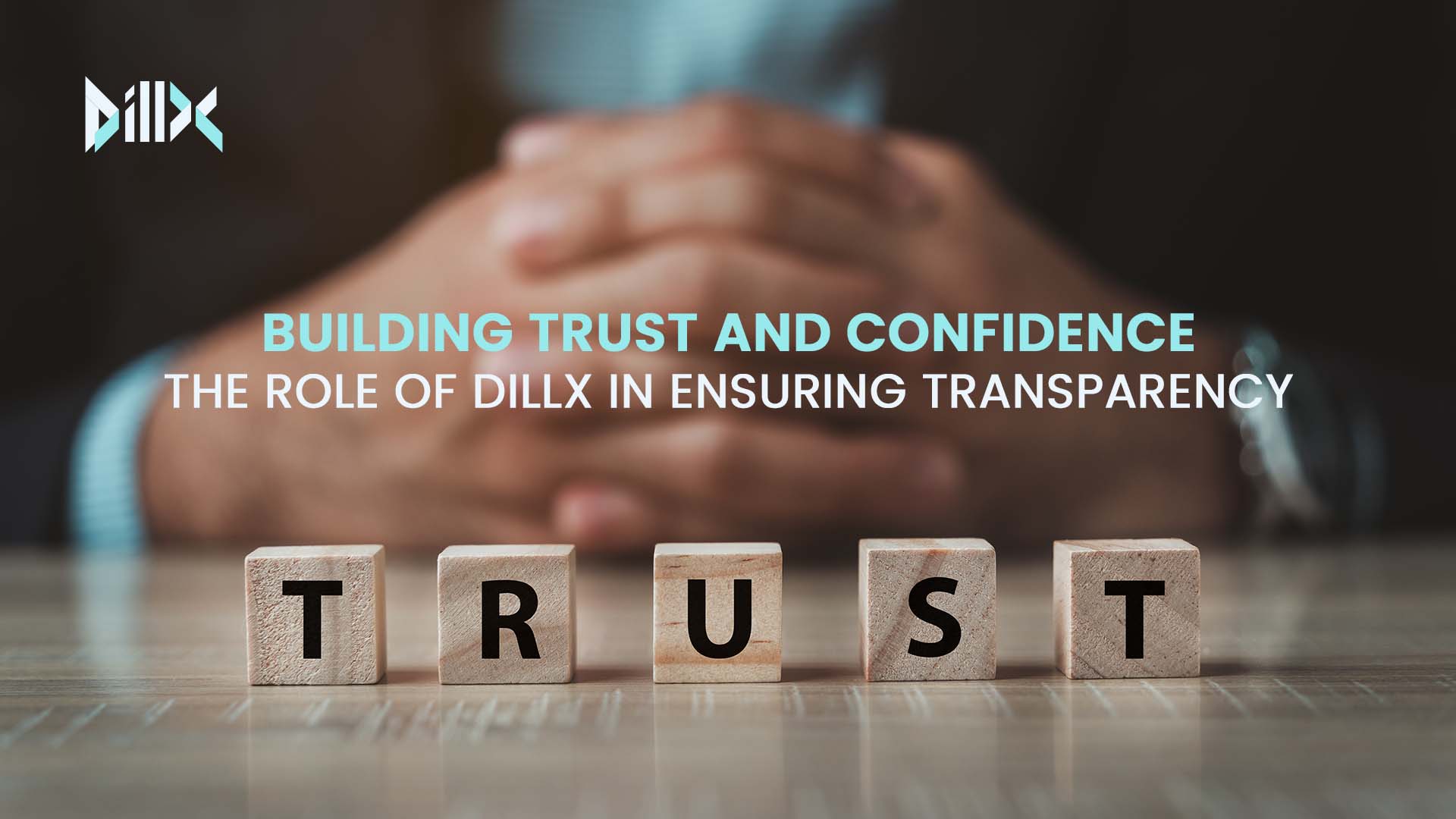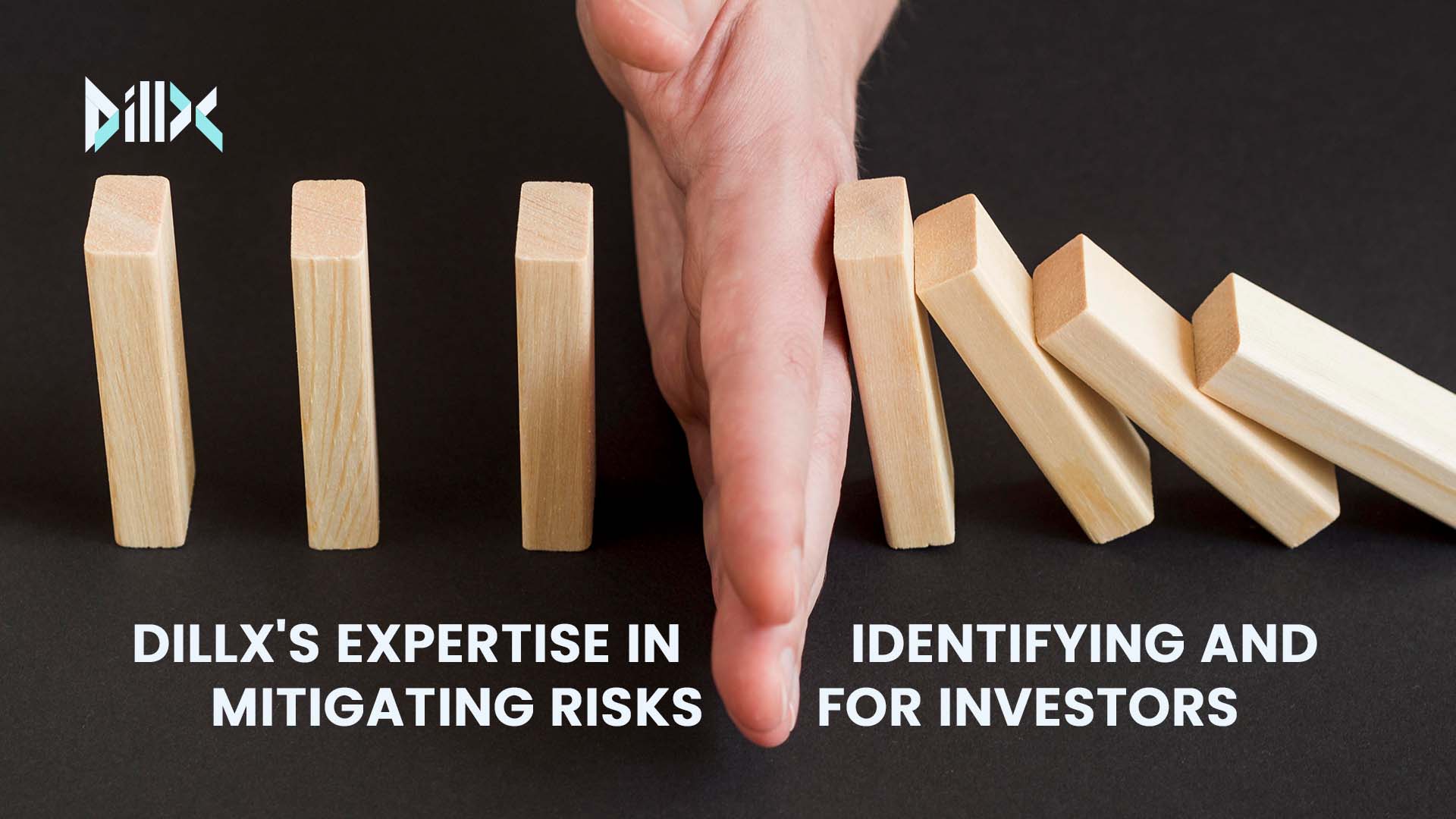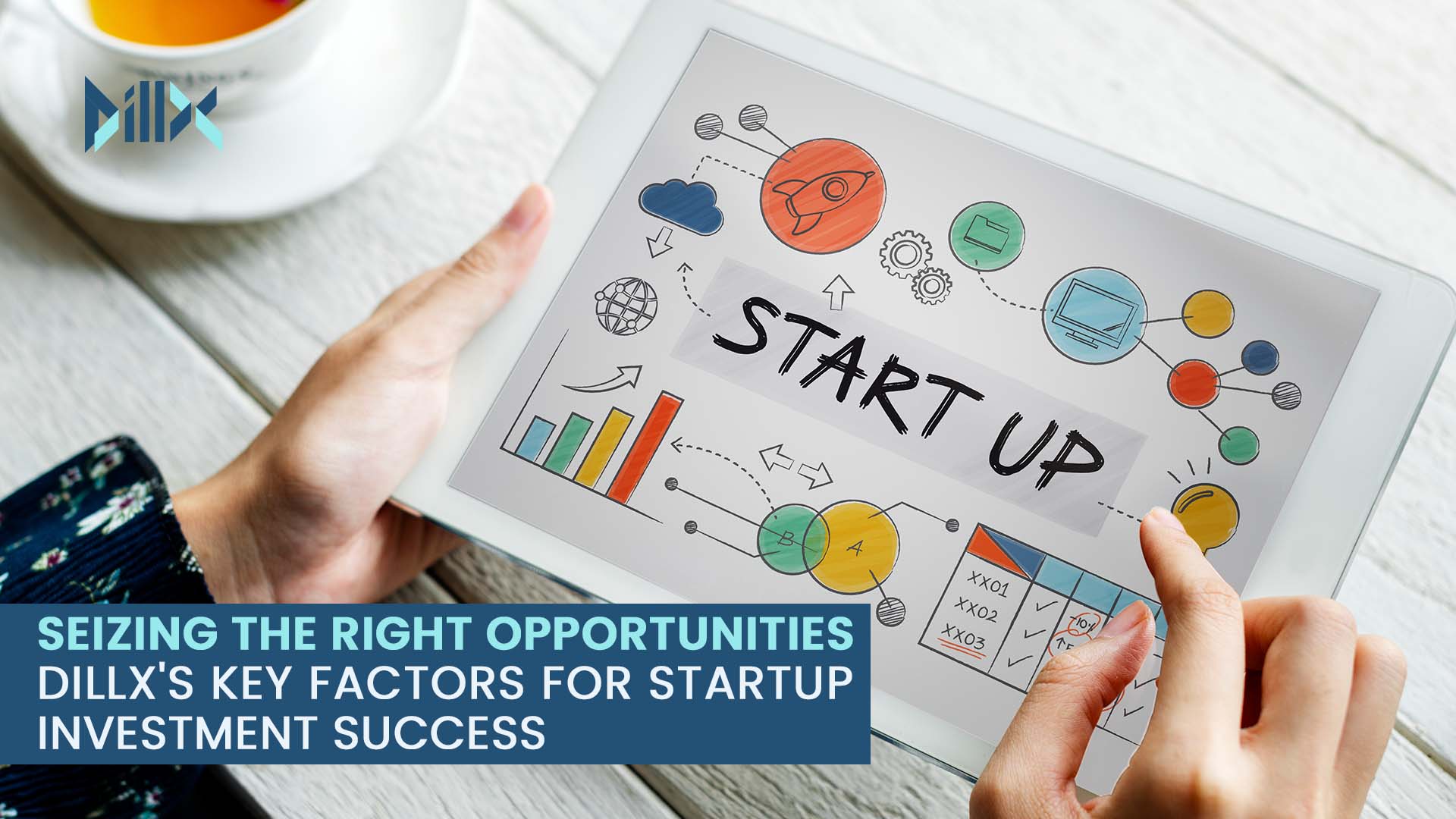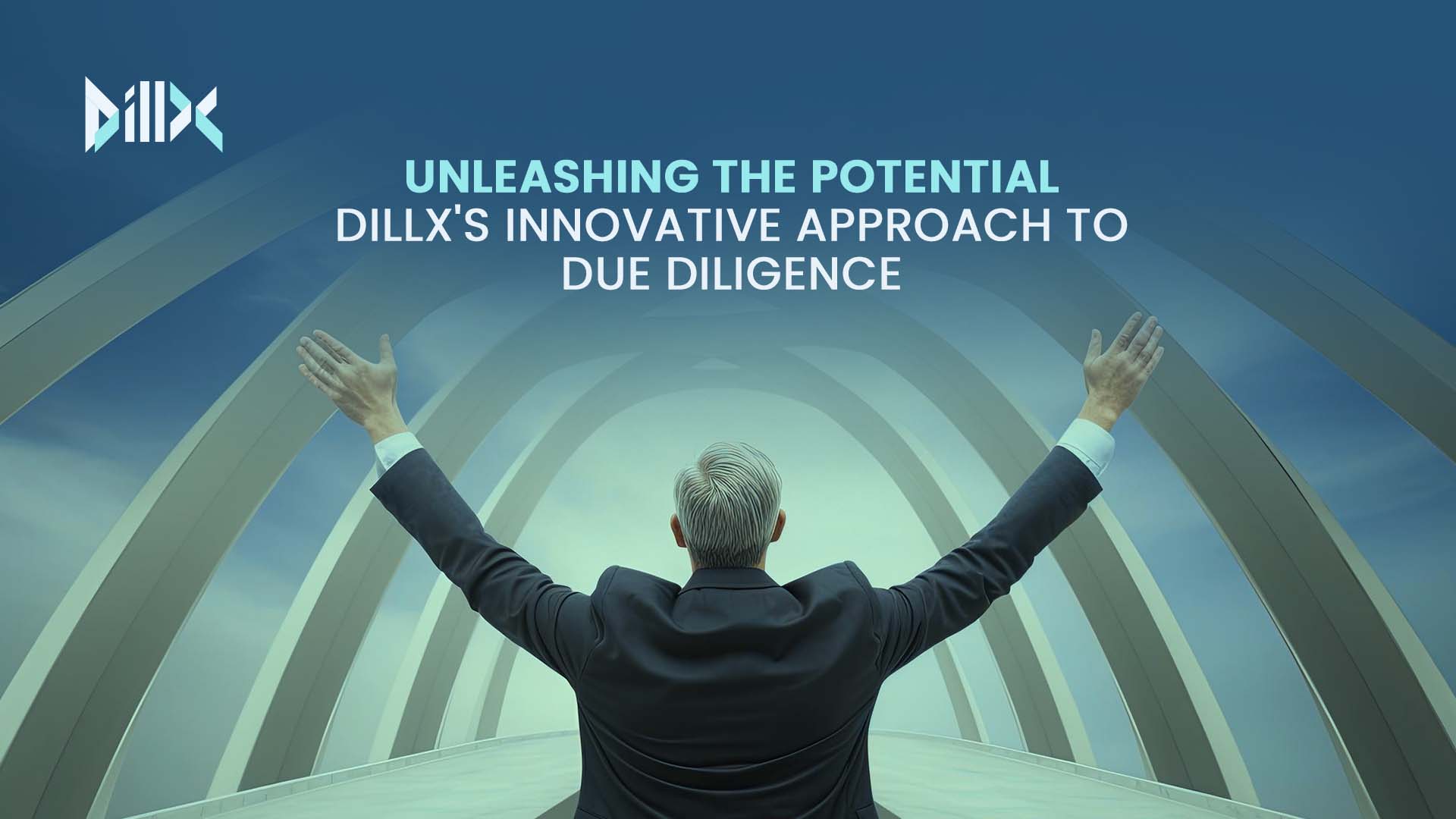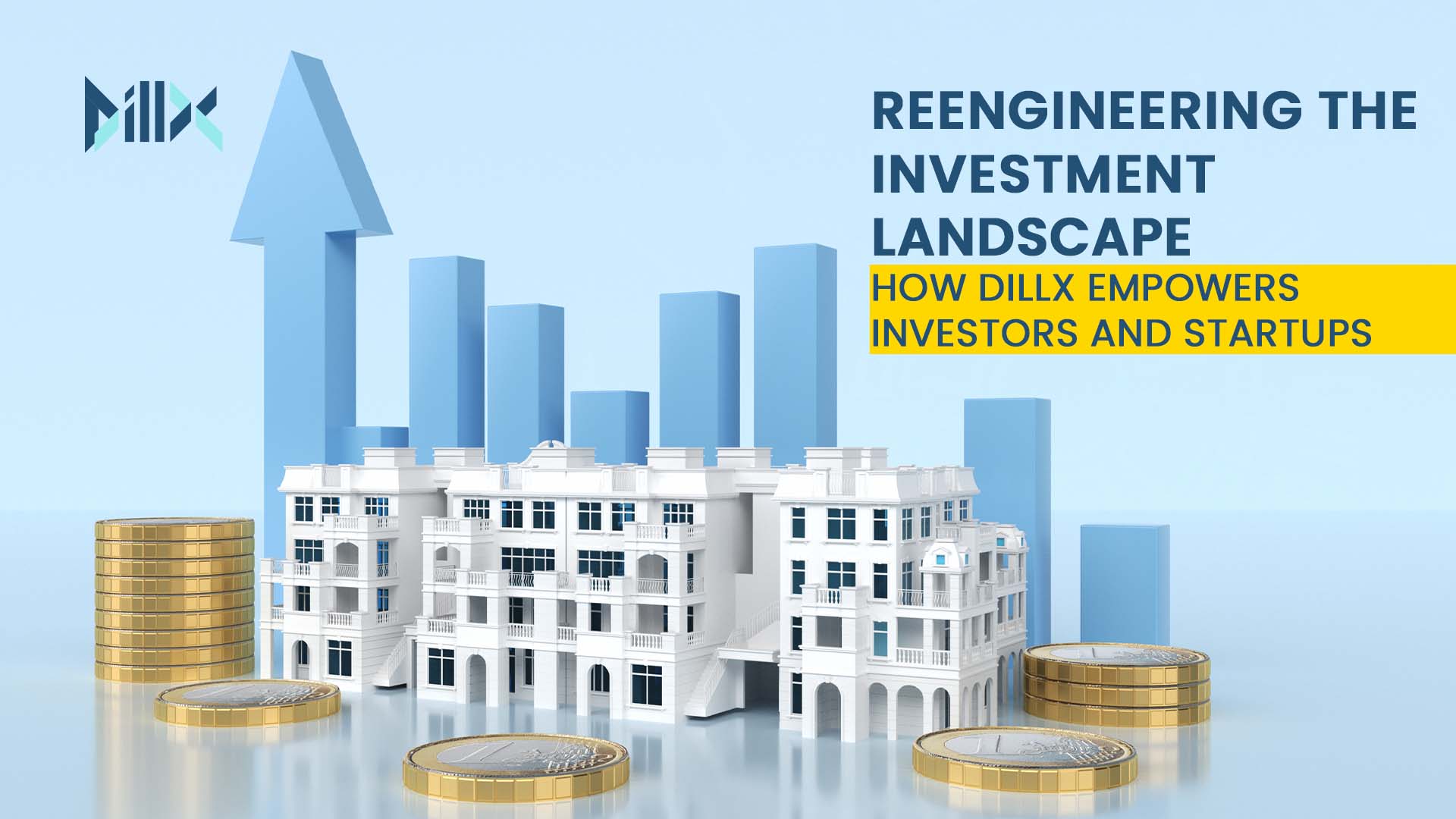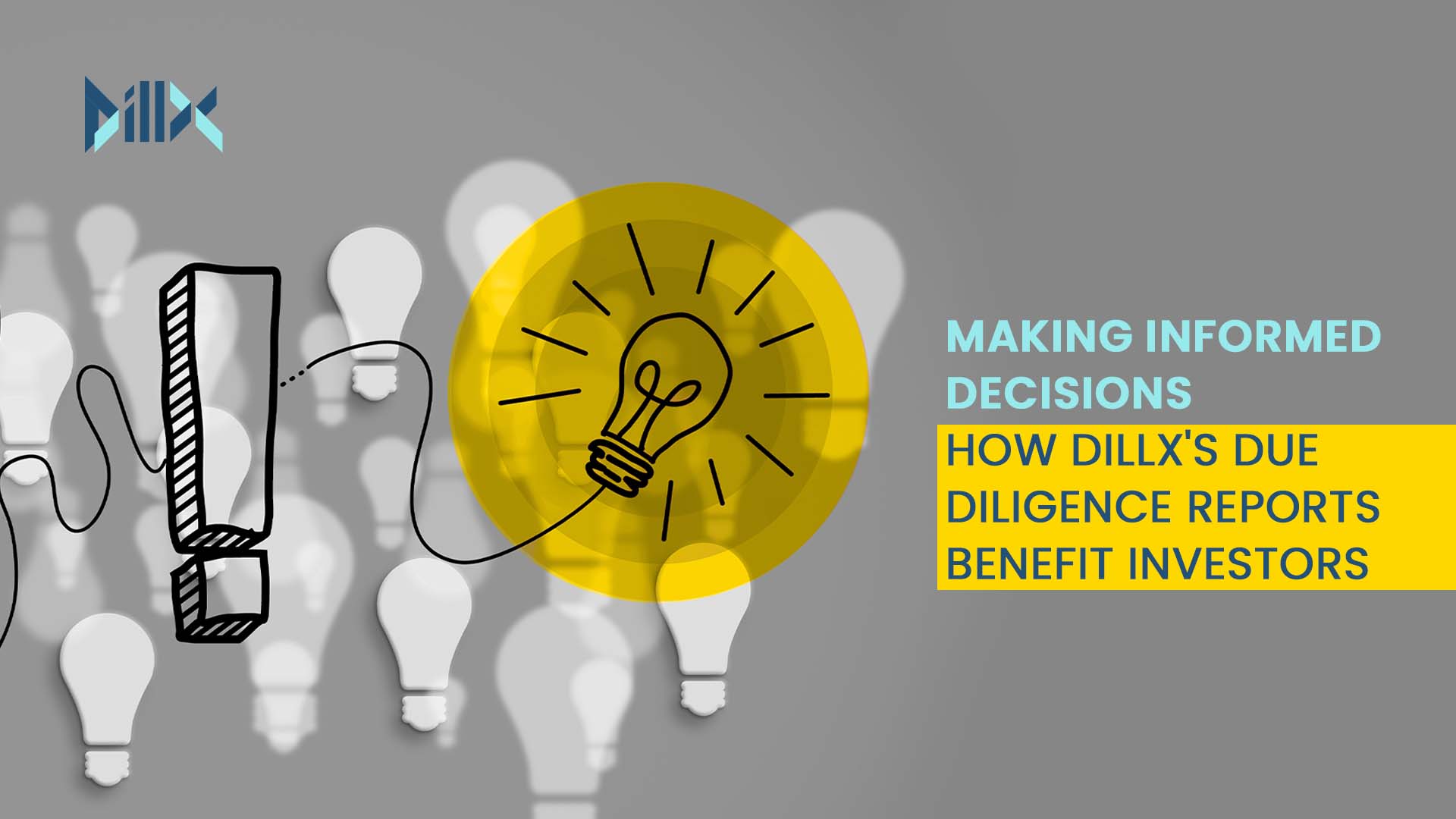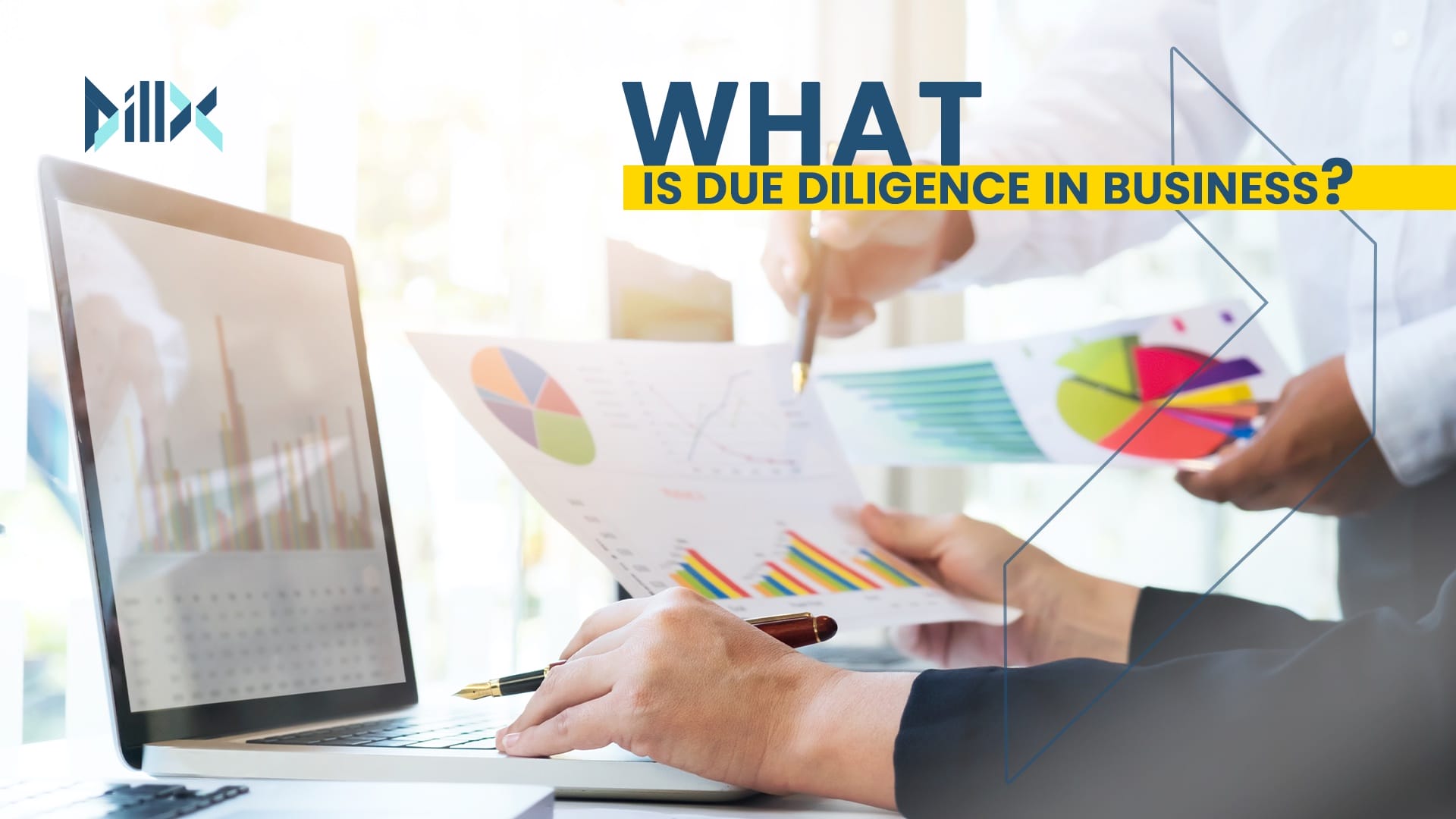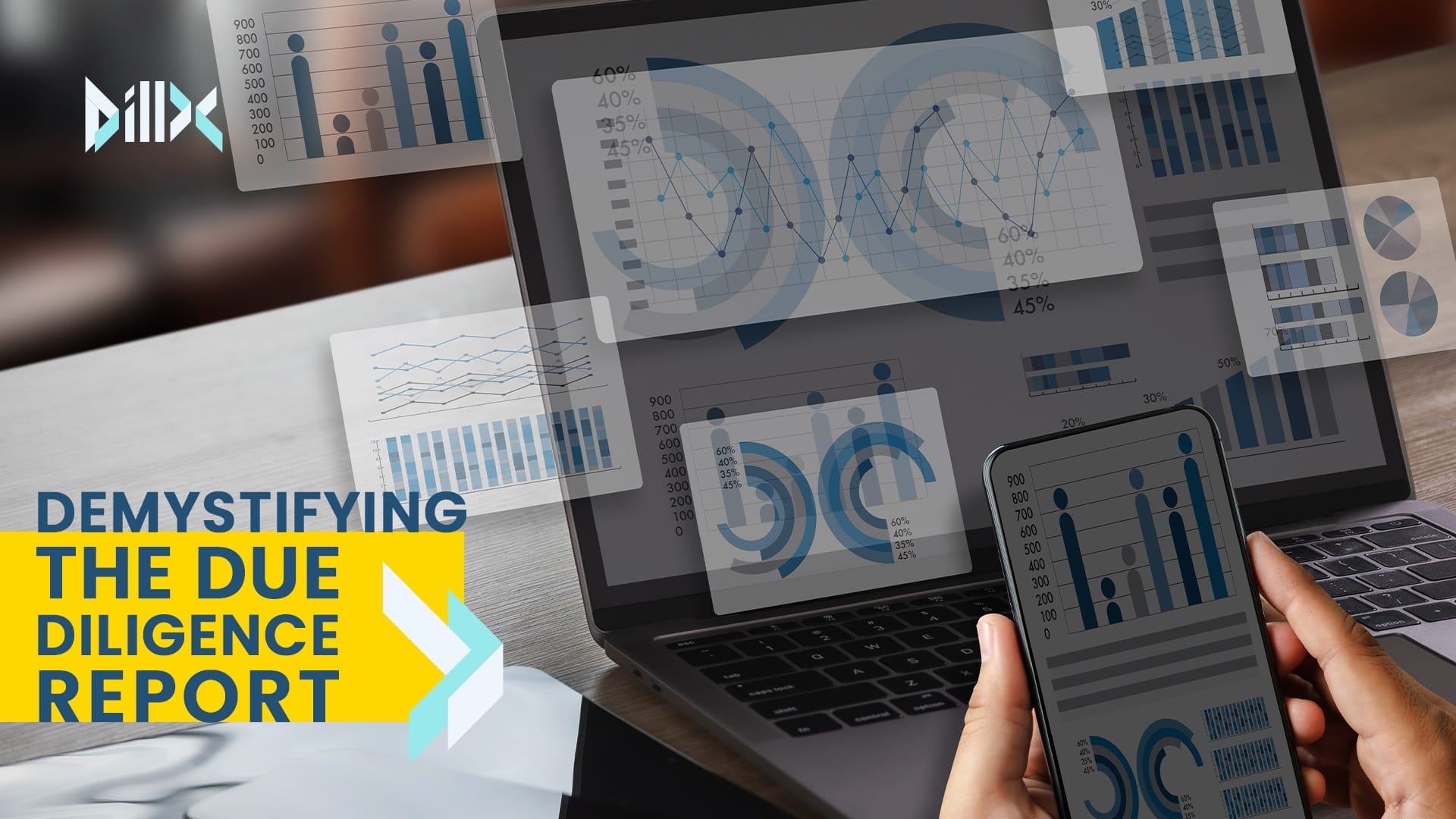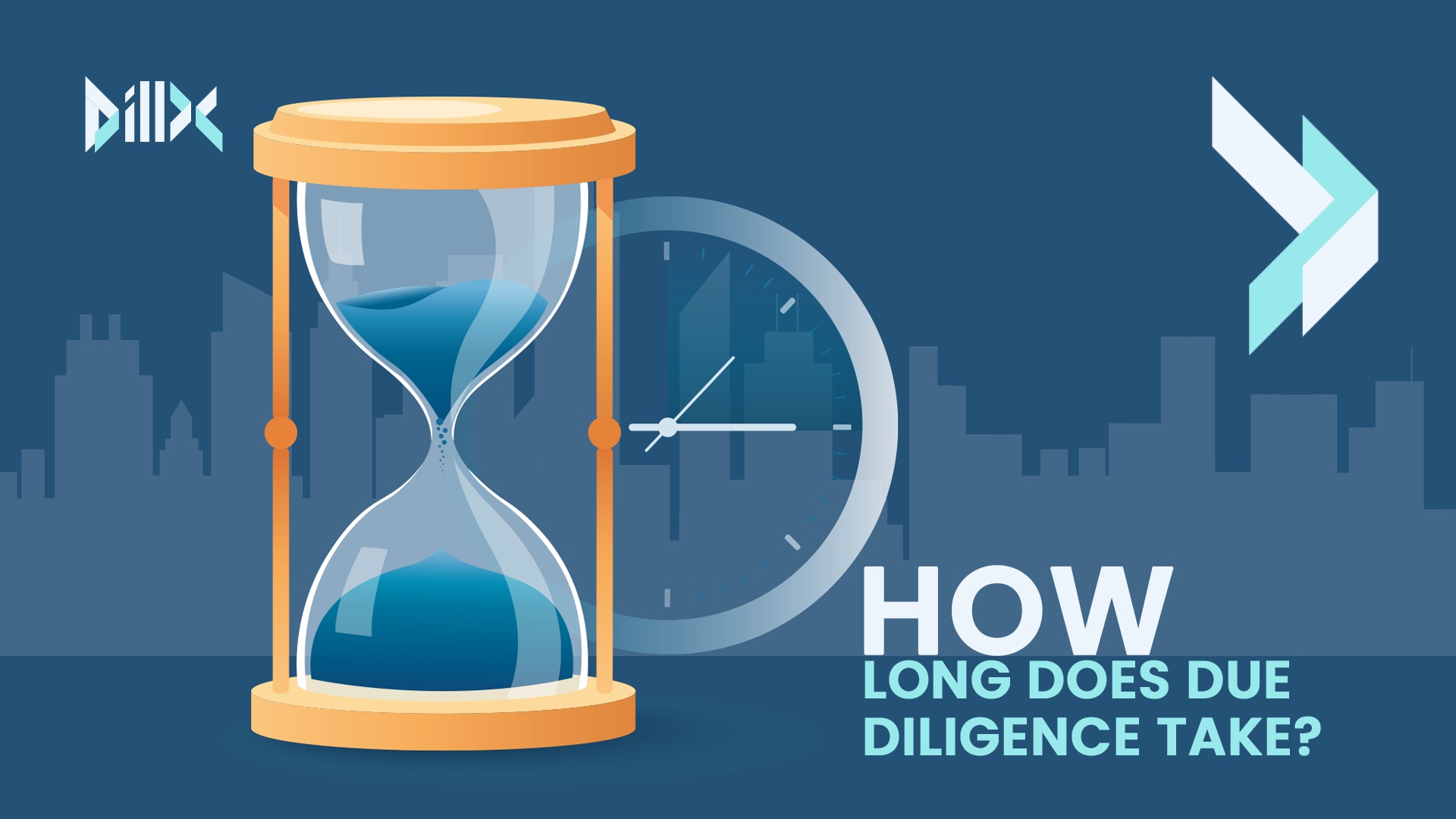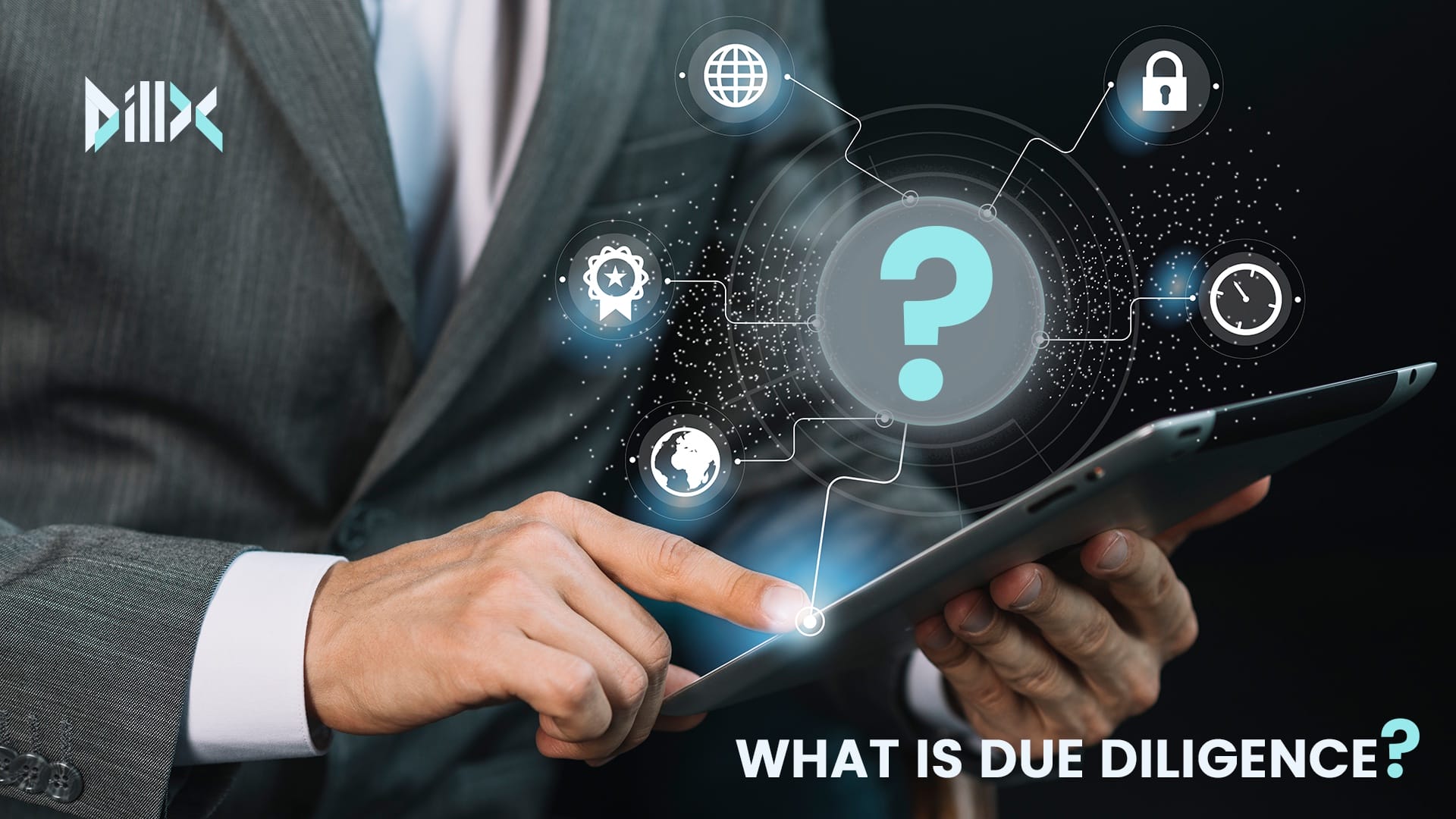In the ever-evolving landscape of business, the term “startup company” has become a buzzword, often associated with innovation and potential for exponential growth. But what exactly defines a startup, and how does it differ from established businesses? In this article, we will delve into the essence of a startup company, exploring its fundamental characteristics, the stages of its development, and the dynamic nature that propels it toward success.
Defining a Startup Company
A startup company is a newly established business venture characterized by its pursuit of innovative products, services, or business models. Startups are known for their potential to disrupt existing markets, introduce groundbreaking technologies, and address unmet needs. Unlike traditional businesses, startups typically operate in sectors with high growth potential, aiming for rapid expansion and scalability.
Key Characteristics of a Startup Company
- Innovation: Startups often offer unique and innovative solutions that distinguish them from established competitors. Their products or services are designed to fill gaps in the market or solve problems in a novel way.
- Growth-Oriented: The primary goal of a startup is to achieve rapid and significant growth, both in terms of customer base and market reach. Scalability is at the core of their business strategy.
- Risk and Uncertainty: Startups operate in an environment of uncertainty, facing higher risks than established businesses. Their success hinges on the ability to adapt quickly and make informed decisions in dynamic markets.
- Venture Capital and Funding: Startups frequently seek external funding, often from venture capital firms or angel investors, to fuel their growth and development.
Stages of a Startup Company
- Idea Stage: At the inception of a startup, the entrepreneur has an innovative idea or concept and is in the process of validating its feasibility and potential in the market.
- Seed Stage: In this phase, the entrepreneur seeks seed funding to turn the idea into a tangible product or service. The focus is on building a minimum viable product (MVP) and conducting initial market testing.
- Early-Stage (or Startup) Phase: With the MVP developed and initial market feedback received, the startup is now refining its business model and scaling operations. It aims to attract more customers and generate revenue.
- Growth Stage: In this phase, the startup experiences rapid growth, expands its customer base, and attracts further investments to meet increasing demand.
- Maturity Stage: At this point, the startup has achieved stability, and its growth rate stabilizes to resemble that of an established business. It may either continue as a successful standalone company or be acquired by a larger corporation.
The Dynamic Nature of Startups
Startups are characterized by their dynamic and fluid nature, often marked by:
- Agility: Startups are agile, capable of adapting quickly to changing market demands and trends. They have a strong focus on continuous innovation and improvement.
- Learning and Experimentation: Startups embrace a culture of learning and experimentation, not fearing failure but rather using it as an opportunity to gain valuable insights.
- Pivot Possibilities: Startups may pivot their business model or strategy based on market feedback and evolving circumstances.
Conclusion
A startup company is more than just a newly established business; it represents the spirit of innovation, growth, and resilience. Driven by passion, vision, and adaptability, startups embark on a journey of dynamic development, navigating uncertainties and challenges with the potential to revolutionize industries. As they progress through the various stages, successful startups emerge as powerful players in their respective markets, leaving a lasting impact on the business world.
About DillX
Unlock the power of streamlined due diligence with DillX. Say goodbye to months of manual, costly processes and embrace efficiency in just 3 days. Our SaaS platform automates the entire due diligence process, generating detailed DX reports with pre-verified company information and red flag alerts. Founders can track their investment readiness, while investors can assess more startups with reduced risk. Ready to transform your due diligence experience? Join our waitlist today.


